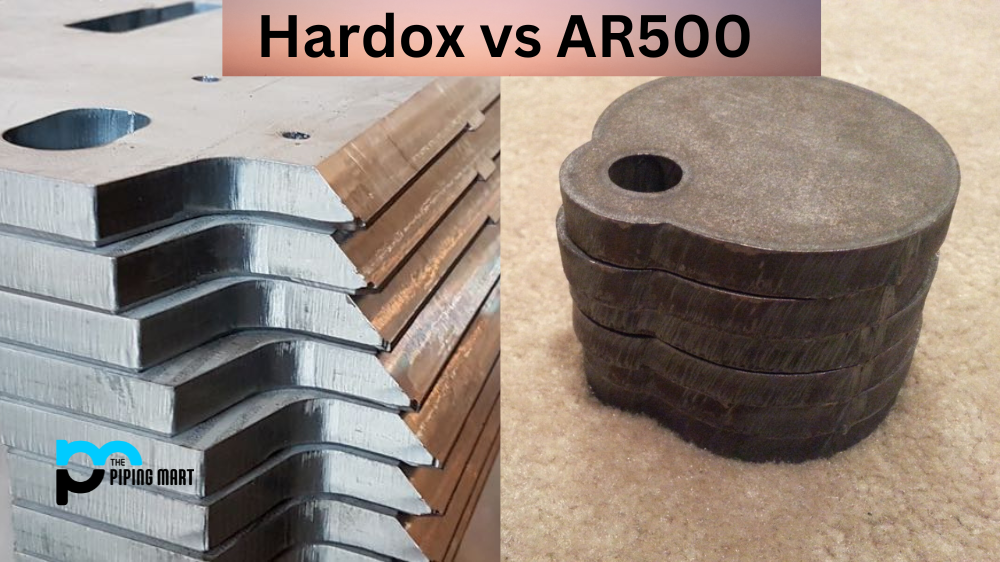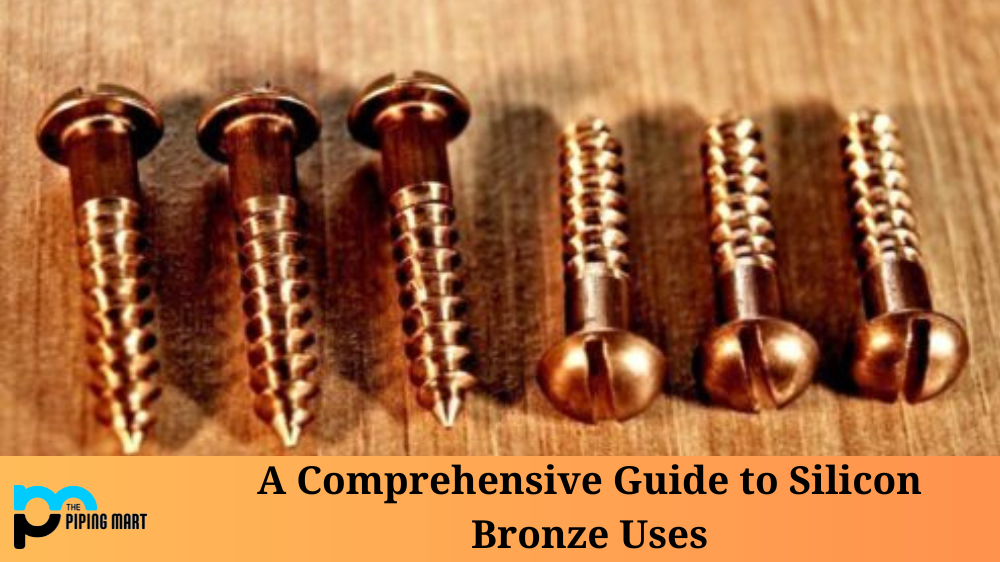If you’re looking for a strong, corrosion-resistant metal with a wide range of applications, bronze may be a perfect choice. But when it comes to choosing between regular bronze and silicon bronze, it can get confusing. To help you make the best decision for your project, let’s take a look at what makes each type of bronze unique and how they compare to each other.
What is Silicon Bronze ?
Silicon Bronze is a copper-silicon alloy with outstanding corrosion resistance often used in marine hardware. It is primarily composed of copper, tin and silicon with trace amounts of other metals.
What is Regular Bronze?
Regular Bronze is an alloy composed of 90% copper and 10% tin, providing excellent corrosion resistance and mechanical properties. It has a wide range of uses, from marine to automotive components, as well as furniture fittings or construction works. Furthermore, it is popular for its affordability and strength (which vary according to the composition).
Differences Between Silicon Bronze and Regular Bronze
The primary differences between these two types of metallic alloys lie in their composition and properties. While both are strong and resistant to corrosion, regular architectural bronze is most commonly used in construction projects due to its attractive golden color, while silicon bronze is more suited for electrical purposes due to its better electrical conductivity. Ultimately which one you choose will depend on your specific needs – but knowing how they differ can help you make an informed decision about which one is right for your project!
Properties of Regular Bronze
Regular or “architectural” bronze is an alloy made up of copper (90%), zinc (7%-10%), and sometimes small amounts of lead, tin, nickel, and iron. This combination gives regular bronze excellent strength, durability, and corrosion resistance – making it ideal for outdoor applications. It is also non-magnetic and has excellent electrical conductivity. Architectural bronze is often used in construction projects because of its attractive golden color that will not fade over time.
Properties of Silicon Bronze
Silicon bronze is an alloy made up mostly of copper (97%) with small amounts of silicon (3%). This combination creates an alloy that has higher strength than regular bronze as well as excellent corrosion resistance. Additionally, silicon bronze has good electrical conductivity, which makes it popular for use in electrical components such as connectors or terminals. However, due to its higher silicon content, silicon bronze does not have the same attractive coloring as regular bronze – instead, having a much lighter gold hue or even grayish finish.
Composition
One of the primary differences between silicon bronze and regular bronze is their composition. Silicon bronze contains around 3-4% silicon, while regular bronze typically contains less than 1% silicon. The addition of silicon gives silicon bronze better corrosion resistance and strength properties.
Casting
Silicon bronze is also more difficult to cast than regular bronze. This is due to the fact that the silicon content makes the metal more viscous, which makes it more difficult to flow into the mold. As a result, silicon bronze is typically only used for small castings.
Welding
Welding silicon bronze is also more difficult than welding regular bronze. This is because the high silicon content makes it more difficult to create a strong weld joint. As a result, silicon bronze is typically only used for welding applications that require a very strong joint, such as in critical structural applications.
Cost
Silicon bronze is also generally more expensive than regular bronze due to the higher cost of raw materials and the difficulty in manufacturing it.
Conclusion:
Whether you’re looking for an aesthetically pleasing metal or something more suited to electrical applications, understanding the differences between regular bronzes and silicon bronzes can help you make the best decision for your project needs. Knowing their composition, properties, and differences can ensure that you get exactly what you need from whichever option you choose!
Sakshee is a talented blogger, with a particular focus on the Business and Metal Industry. She is passionate about sharing her insights on various metal products and helping professionals to make a better decisions.



